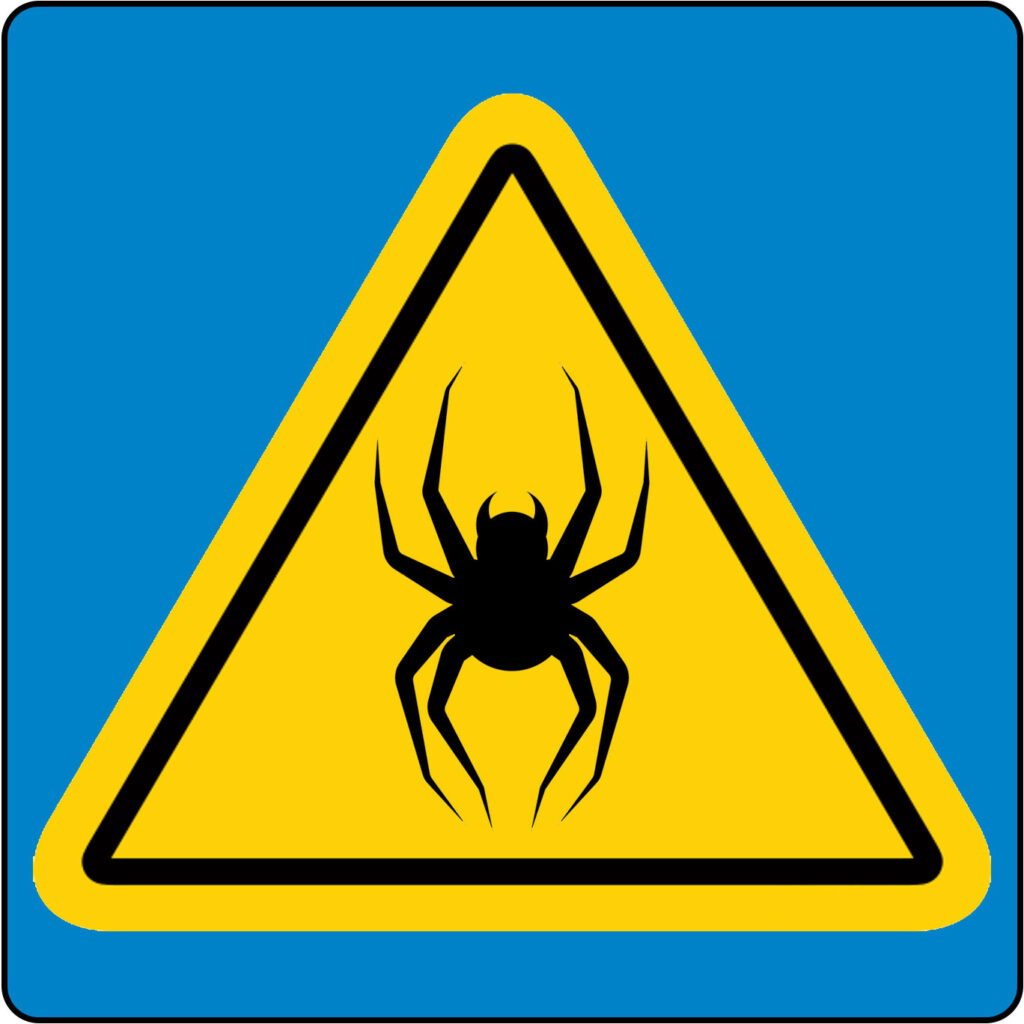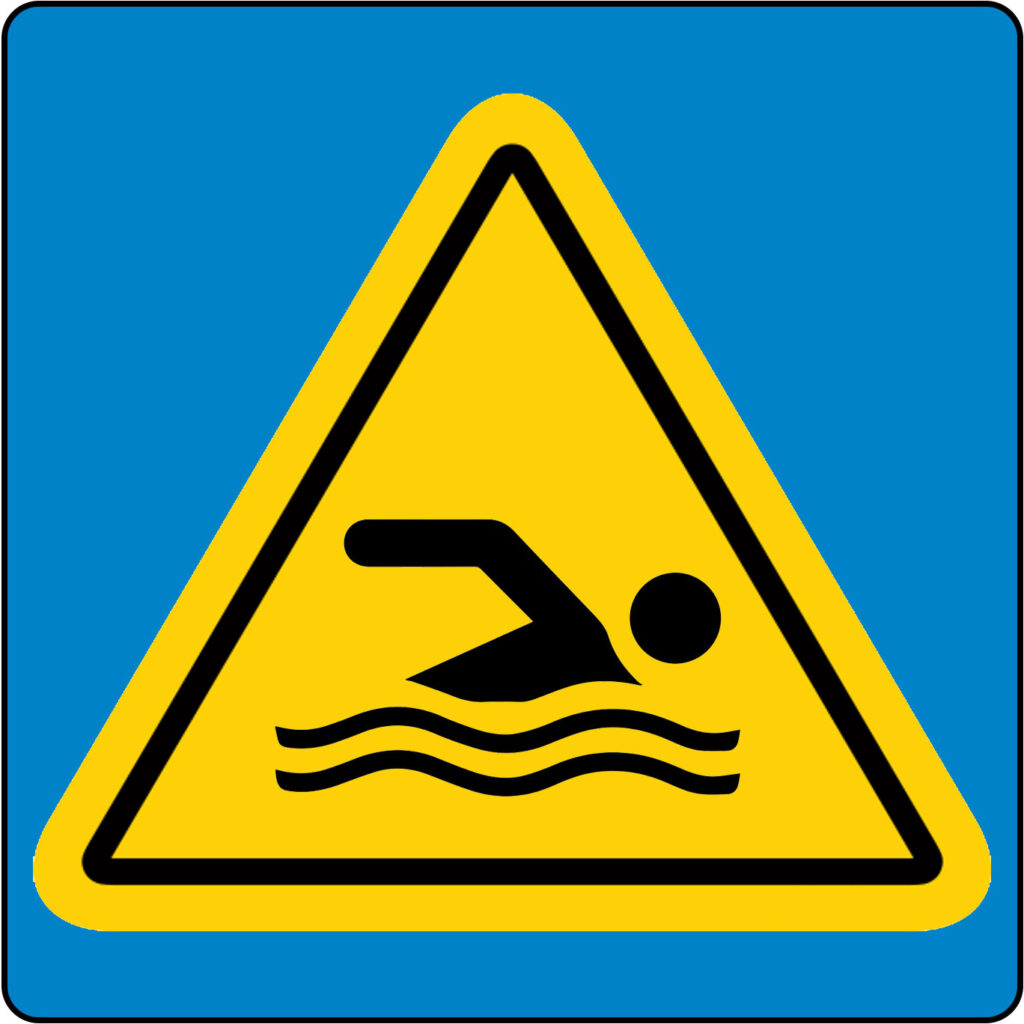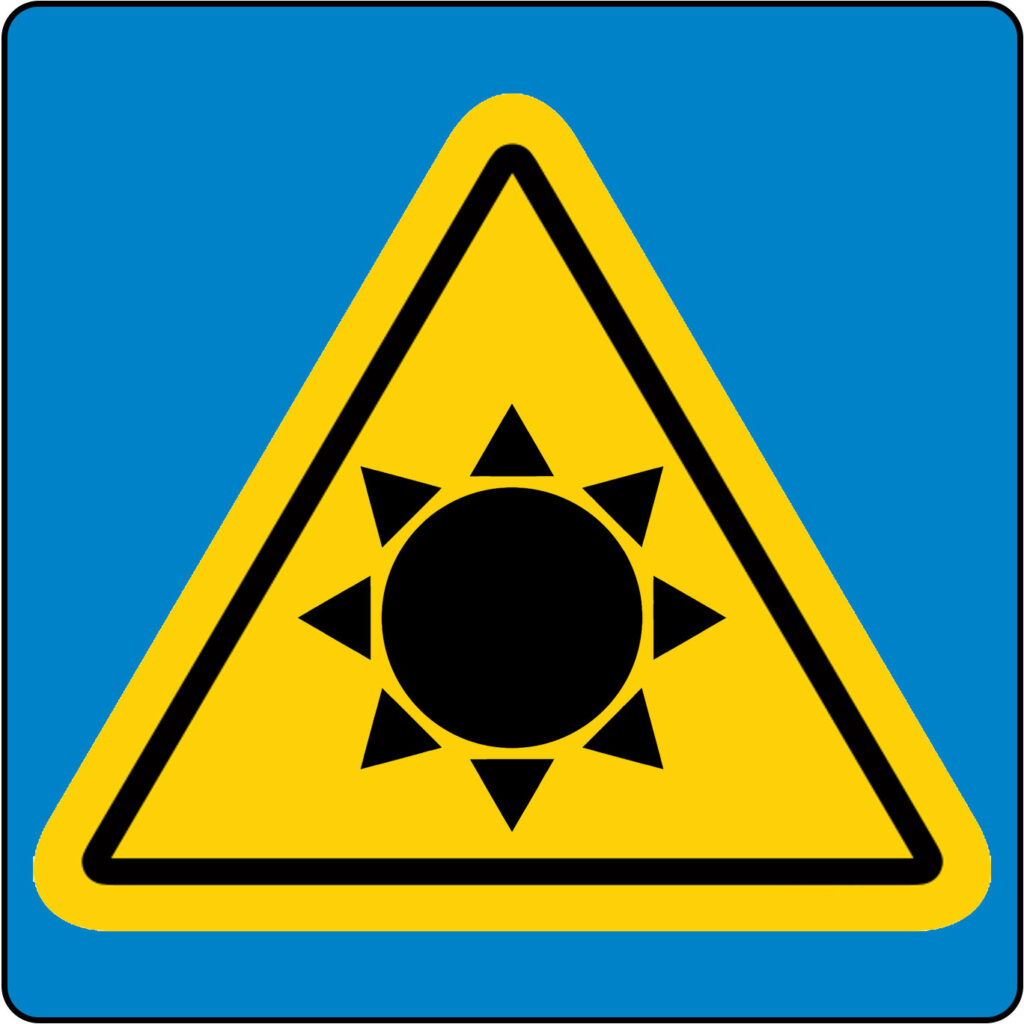Mercy Urgent Care is proud to announce its new partnership with Leadership Asheville as the presenting sponsor of its Executive Directors Roundtable, a program that connects local organizations, fosters collaboration and develops leadership capacity in the nonprofit sector.
For over 44 years, Leadership Asheville has engaged citizens from cross-sectors of the community — including business, nonprofit, education and government — through its flagship program, strengthening participants’ knowledge of, commitment to and involvement in collaborative community leadership. Executive Directors Roundtable, Leadership Asheville’s auxiliary program specifically for nonprofit executives, provides a space for leaders of this sector to learn and grow, while providing a conduit to peers for support, guidance and collaboration.
“As a participating member of the Executive Directors Roundtable, I’ve seen firsthand how valuable and transformative these sessions are for our region’s nonprofit CEOs,” said Rachel Sossoman, president and CEO of Mercy Urgent Care. “It is a genuine community of trust, support and encouragement — a perfect extension of the growth inherent in Leadership Asheville’s flagship program — and it aligns with Mercy’s core values of Excellence and Service. I’ve seen incredible displays of support, new ideas, collaborations, and a multitude of other blessings come from that space. Supporting this work was an easy decision, and I believe it is exactly what the Sisters of Mercy would do.”
The Executive Directors Roundtable group is intentionally kept small so that conversations can remain focused and productive. The program runs annually from October through May, and meetings fall on the second Friday of every month. Meetings are dedicated to personal leadership development, peer support and community orientation, led by a variety of facilitators and community leaders and members of the group. Specific topics vary and are often set by the group as timely responses to current trends and events.
“I am so grateful for Mercy Urgent Care’s sponsorship of the Executive Directors Roundtable,” said Sarah Goldman, executive director of Leadership Asheville. “This infusion of support will create even greater access for nonprofits from all over the city to benefit from this vital resource of collaboration and problem solving. As a result of Mercy’s leadership, the LA-EDR will be able to offer critical support to individuals charged with directing some of our communities most impactful organizations.”
Many members of Mercy Urgent Care’s leadership team, including at least three of its CEOs, past and present, have graduated from Leadership Asheville.
“Leadership Asheville has a long and rich history of developing some of Western North Carolina’s most notable leaders,” Sossoman said. “The program provides an opportunity to reflect on your identity — both at the helm of the company you serve and on your organization’s role in the greater ecosystem of Asheville. It is humbling to have been a part of that community as a graduate, and now it is an honor to support it as a leader. From my perspective, it is a must for anyone who is in leadership or aspires to greater leadership. It prepares you to reach your potential.”
Fees to participate in the LA-EDR program are offered on a sliding scale and primarily cover lunch expenses across each of its nine monthly sessions. Learn more about Leadership Asheville and its Executive Directors Roundtable program at leadershipasheville.unca.edu.




